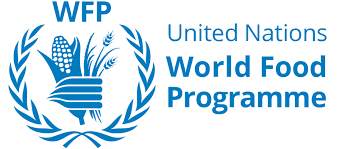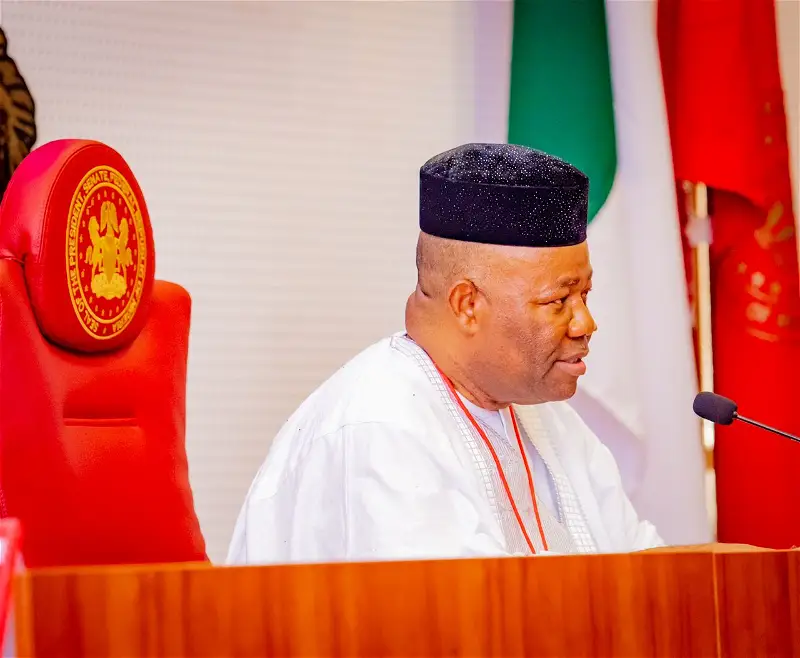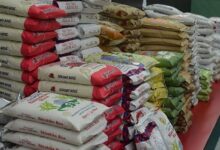World body backs Nigeria’s School Feeding Programme, lists achievements

The United Nations World Food Programme says the the School feeding Programme of the Federal Government of Nigeria is helping in the fight against child hunger, boosting local economies and increasing attendance levels
This decision results from a joint assessment conducted in the first quarter of 2021 to identify ways of improving, scaling-up and sustaining the programme.

The UN Agency in a statement in Abuja says it will be providing technical support to the Federal Ministry of Humanitarian Affairs, Disaster Management and Social Development to achieve success in the National Home-Grown School Feeding Programme as Schools resume Nationwide.
Home Grown School Feeding initiatives promote nutrition education and better eating habits and encourage the diversification of production with a special emphasis on local crops.
WFP is backing the next stage with a significant transfer of ICT equipment.
This includes tablets with access to the PLUS Schools Menus – a free tool to help state Nutrition Officers design nutritious menus for schools.
The hardware will not only support the Ministry’s efforts to digitalize its monitoring and evaluation system, but also enable the national roll out of the PLUS School Menu Tool developed by WFP to standardize cost-effective menu development.
The World Programme analysis of the school feeding indicate that by the end of 2021, this breakthrough initiative serves school meals to over 9 million students in 53,000 public primary schools, making it one of the largest school feeding programmes in Africa.
It has also led to a significant increase in school enrollment across the country. Moreover, the programme has provided a much-needed boost to local economies by buying the products of smallholder farmers and providing jobs to more than 107,000 cooks from low-income families.
Schools provide local farmers with a predictable outlet for their products, leading to a stable income, more investments and higher productivity.









